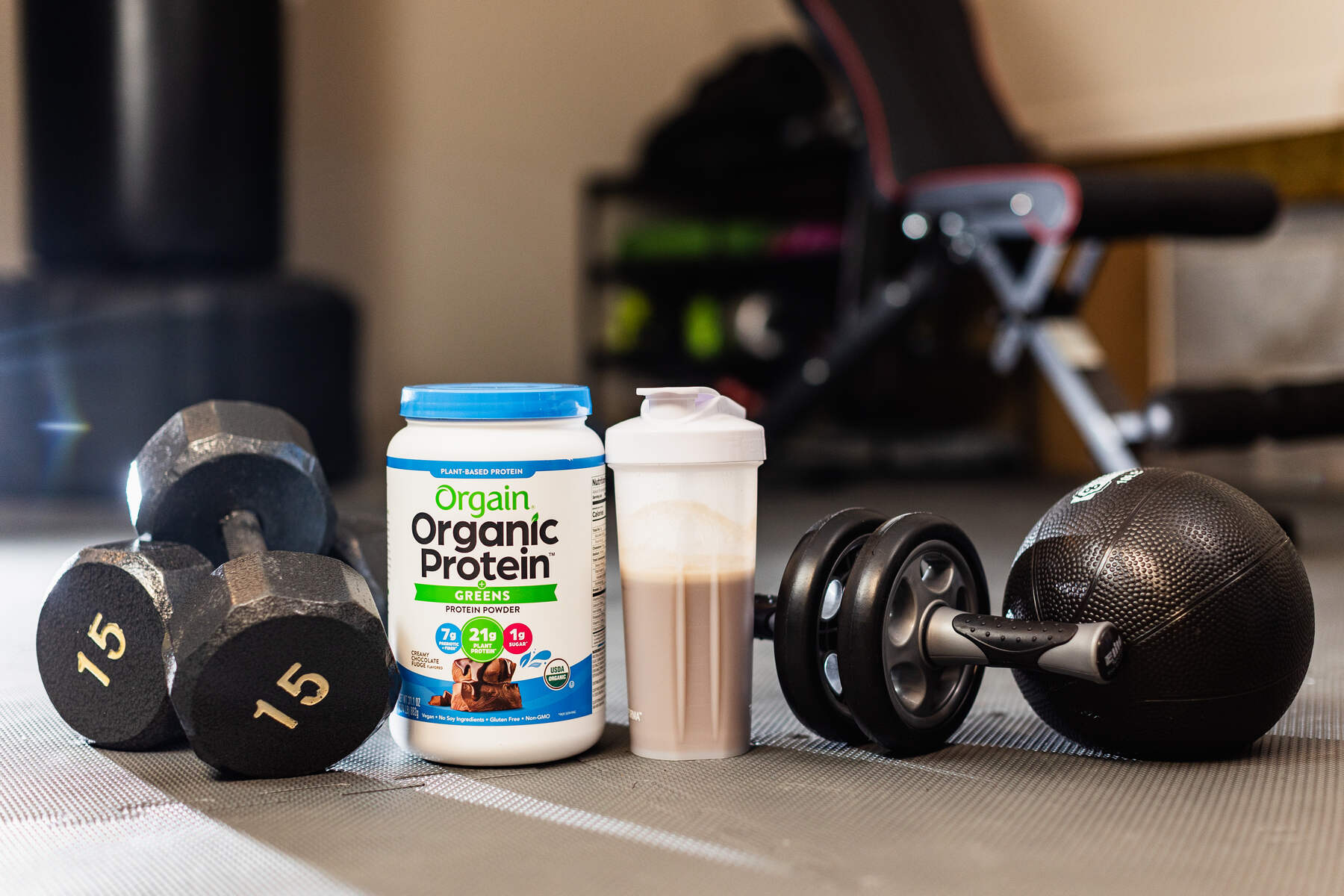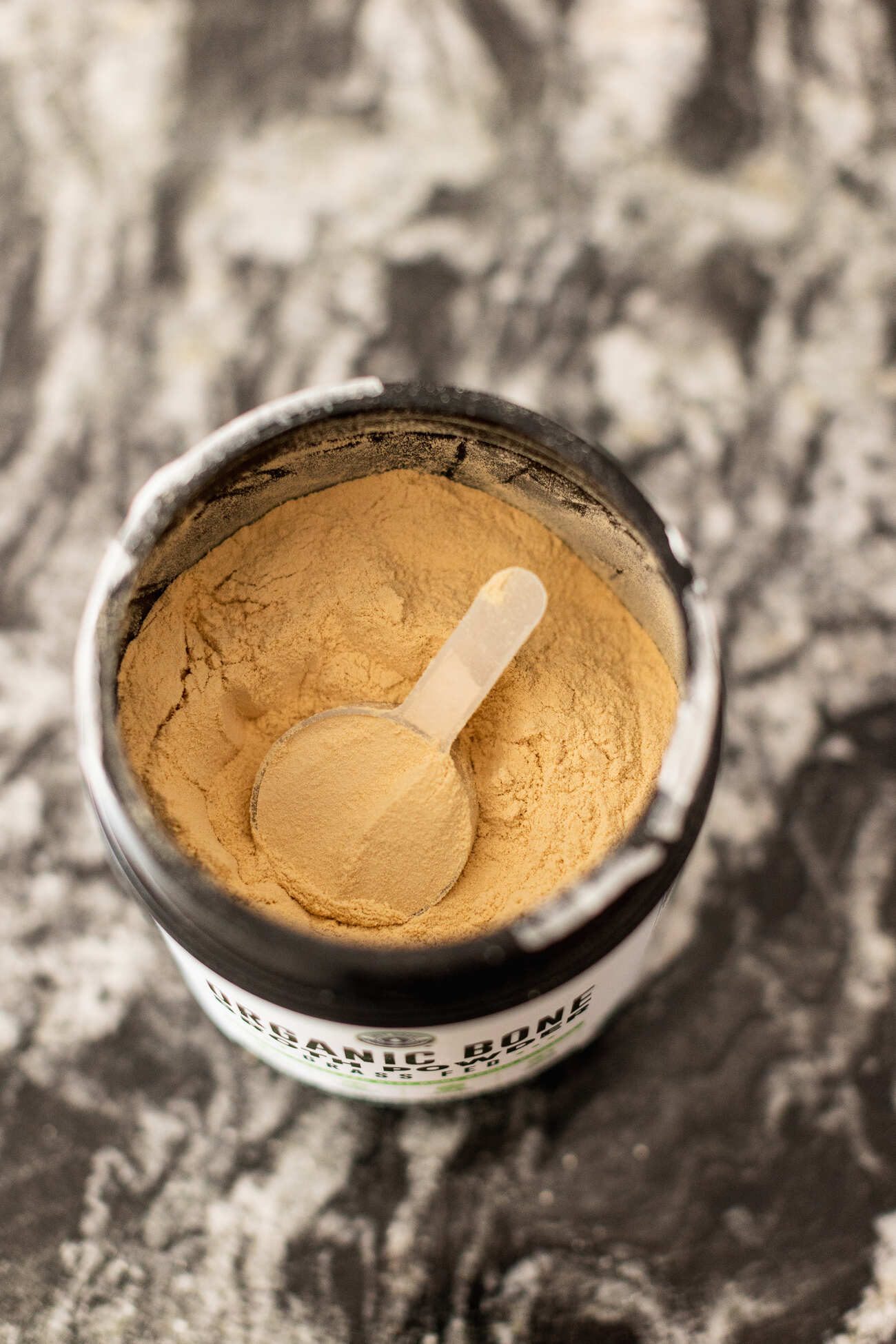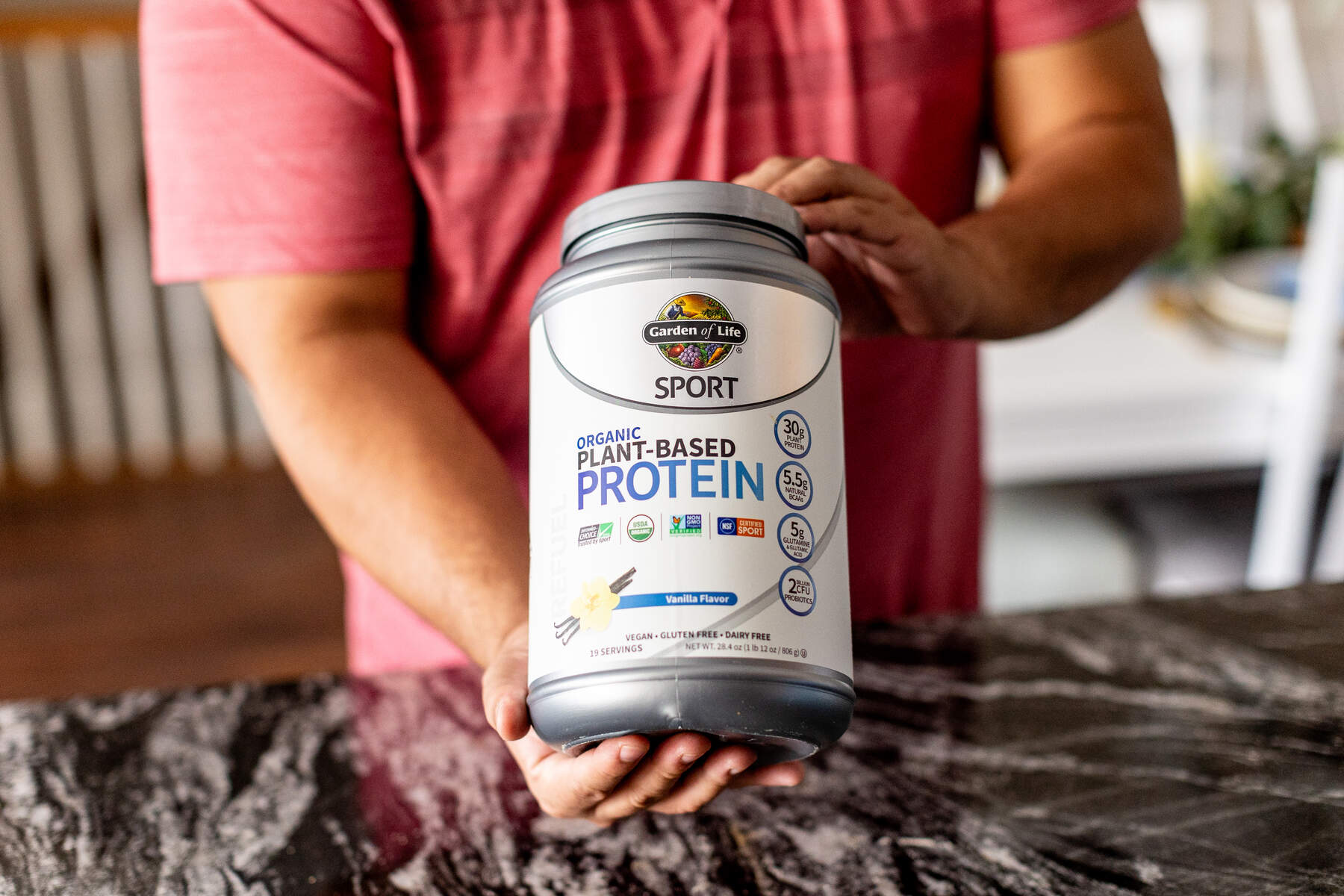I know it can sometimes be tough to determine how often you should consume protein powder to get the best results.
Through my years of varying my consumption quantity, tracking observations, and researching, I’ve noted several surprising results.
The aim of this article is to help you figure out how much and how often you should take protein powder for optimal results. I want to equip you with the knowledge you need to achieve results.
How Often Should You Take Protein Powder?
You should take protein powder daily to help you achieve your required daily protein intake. The recommended dose for an average individual is one to two servings of the powder daily or three servings for highly active people. These servings can be taken at different times, including morning, afternoon, and night.
The recommended protein daily intake for athletes is between 1.4 grams and 2.0 grams per kilogram of body weight. However, remember that you can only get some of the protein you need from the powder. Protein powders should only be taken as a supplementary source of protein and not as a food replacement.

The Importance of Protein
Protein is essential whether you aim to build muscle or shed some pounds. It’s because our muscles undergo a continuous breakdown (muscle protein breakdown) and rebuilding (muscle protein synthesis) every day.
Combining weight training with a diet rich in protein is recommended to enhance muscle protein synthesis and promote muscle growth. If your protein intake falls short, you’ll need help to build muscle and strength during resistance training.
During a weight loss regimen, ensuring an adequate protein intake is crucial to prevent muscle protein breakdown when you’re in a calorie deficit. Additionally, protein aids weight loss as it digests slowly, keeping you feeling full and satisfied for longer. It also helps reduce ghrelin, the hunger hormone, while increasing the production of appetite-reducing hormones, potentially leading to a decrease in daily calorie consumption.
Protein is also essential for older individuals who experience age-related muscle loss.
Daily Protein Requirements
Research suggests that most individuals should consume a minimum of 0.36 grams of protein per pound of body weight. Athletes and those leading an active lifestyle may benefit from consuming 0.64-0.91 grams of protein per pound of body weight.
Using this formula, if someone weighs 180 lbs, their daily protein intake should range between 64.8-163.8g. If you consume three meals daily, each meal should ideally provide 21.6-54.6 grams of protein. However, this can be challenging for many people. That’s where protein shakes can be a convenient solution to meet your protein requirements.
Protein Absorption Rate
According to a study, the maximum amount of protein that can be absorbed in a single meal ranges between 20-25 grams, with a time frame of approximately 1.5-2 hours.
You might believe consuming a lot of protein in one sitting is beneficial, but that’s only partially accurate. In reality, consuming more protein than this in one sitting would be ineffective, as the excess protein would likely go to waste.
Protein Content in Each Shake
Now that you understand your daily protein needs, the next question to consider is how much protein is present in a protein shake.
The answer varies depending on the brand and type of protein shake. Some protein shakes contain minimal amounts of protein, while others have an excessive amount. To ensure it meets your requirements, checking the protein content before making a purchase is essential.
Opt for a protein powder that provides at least 20 grams per serving.

Number of Protein Shakes per Day
If you struggle to meet your protein requirements through diet alone, consuming one to two protein shakes daily can be beneficial. Athletes or individuals aiming to gain significant muscle mass may consume up to three shakes daily.
Protein shakes serve as a convenient method to boost your protein intake. However, it’s important to rely on something other than them for your protein needs. Whole foods offer a healthier option and tend to be more satisfying.
Optimal Timing for Protein Shake Consumption
If you plan to incorporate protein shakes into your diet, consuming them between meals is best to ensure your protein needs are adequately met.
Since your body is limited on how much protein it can absorb per sitting, adding a protein shake to a meal that is already rich in protein would be wasteful. Therefore, it’s recommended to consume a shake between your meals. For example, if you have three protein-rich meals throughout the day, aim to have a shake between the first and second meals and another between the second and third meals.
Fitness trainers often suggest consuming protein within 60 minutes of exercise during what is known as the anabolic window. However, recent research indicates that this window extends within two hours of exercise. Therefore, if you take your training seriously, consider moving your shake consumption into this time frame or adding an extra shake to your routine.
Potential Issues with Excessive Protein Shake Consumption
In the short term, there is minimal risk associated with consuming too many protein shakes for fit and healthy individuals. Any short-term side effects like cramping, bloating, or excessive gas are typically temporary and resolve quickly.
However, those who follow a high-protein diet over an extended period may encounter more severe problems. Studies have shown that excessive long-term protein consumption can lead to decreased liver function and an increased risk of coronary disease.
The primary concern with protein shakes is that they may cause you to overlook whole foods, which are rich in essential micronutrients such as vitamins and minerals. These nutrients are crucial for your overall health. Whole foods are not only healthier than protein shakes, but they also provide greater satiety. In other words, consuming 20 grams of protein from a shake will leave you feeling hungry sooner than if you obtained the same amount of protein from a chicken breast.

In Conclusion
When increasing your protein intake, nothing beats the convenience of a protein shake. However, it’s important to recognize that protein shakes are supplements, not substitutes for a healthy diet.
Protein shakes offer a convenient and affordable way to increase your protein intake. Consuming more than two shakes per day would be excessive for individuals of average build. Only serious athletes should drink three to four shakes daily to support their performance and physique. Remember to prioritize whole foods and utilize protein shakes as a supplement, not a replacement.